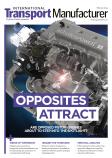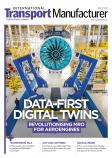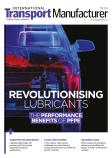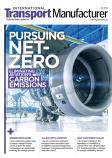Southern California-based automaker Karma has announced that it will leverage the NVIDIA Drive AGX Xavier and Pegasus AI computing platforms for future autonomous electric vehicle capabilities.
Karma’s path forward combines its two vehicle platforms and two core technologies with five intelligent ecosystems. Karma’s vehicle platforms consist of its family of Revero vehicles and Project e-Klipse, its all-electric global platform starting in 2021. Its two core technologies include both full electric vehicles (BEVs) and extended range vehicles (EREVS). These platforms and technologies are supported by five intelligent ecosystems: Karma Skateboard, Cockpit, CarNet, Drive and Cloud. Karma’s ecosystems and electric vehicle architecture can be scaled across different vehicle models and types, powered by cutting-edge technologies including artificial intelligence, autonomous driving and advanced connectivity.
Karma will leverage both NVIDIA Drive AGX Xavier and Drive AGX Pegasus AI computing platforms for its autonomous driving systems. At the core of the Drive AGX platform is the auto-grade NVIDIA Xavier system-on-a-chip, the first processor developed for autonomous driving. It incorporates six different types of processors for running redundant and diverse algorithms for AI, sensor processing, mapping and driving.
Delivering up to 320 TOPS of performance, the Drive AGX platform can run an array of deep neural networks simultaneously and is designed to safely handle highly automated driving in preparation of an autonomous future.
“Our collaboration with NVIDIA was founded with the view of advancing and building Karma’s in-house capabilities through like-minded innovators,” said Srini Gowda, Karma’s VP of Autonomous Driving/ADAS.
AI can also be used for intelligent in-cabin safety and entertainment features. These technologies have potential applications within future Karma products, including Project e-Klipse, the company’s all-electric global platform that will produce several different models.











